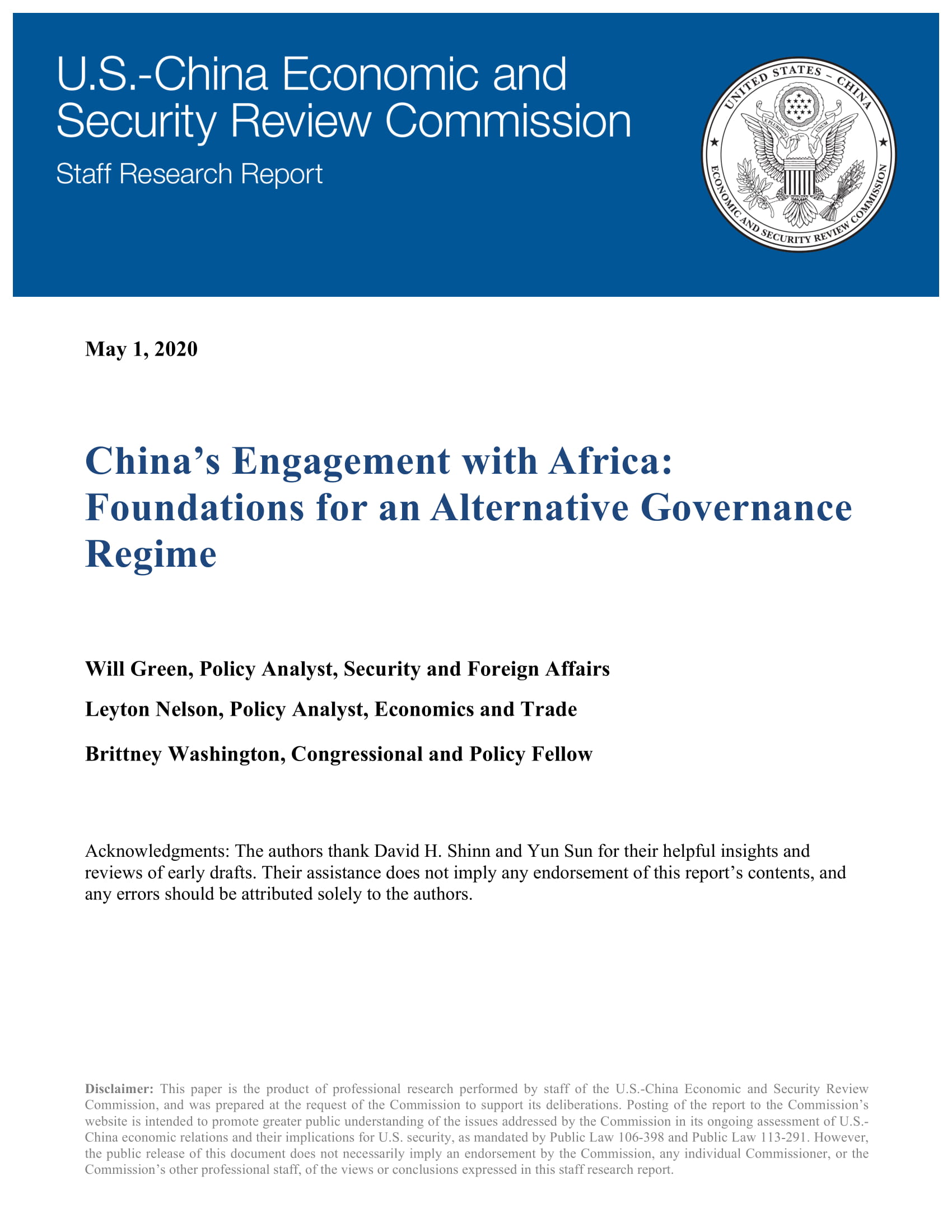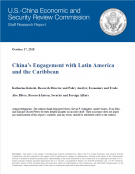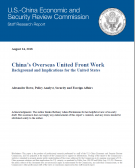Filter Results
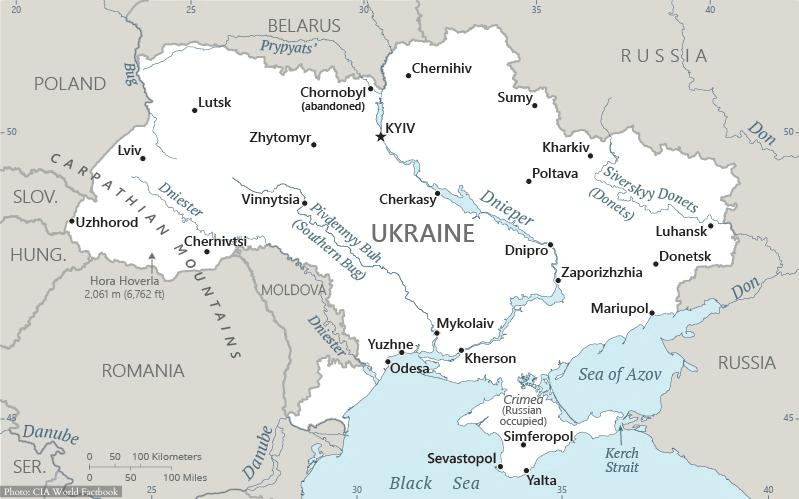
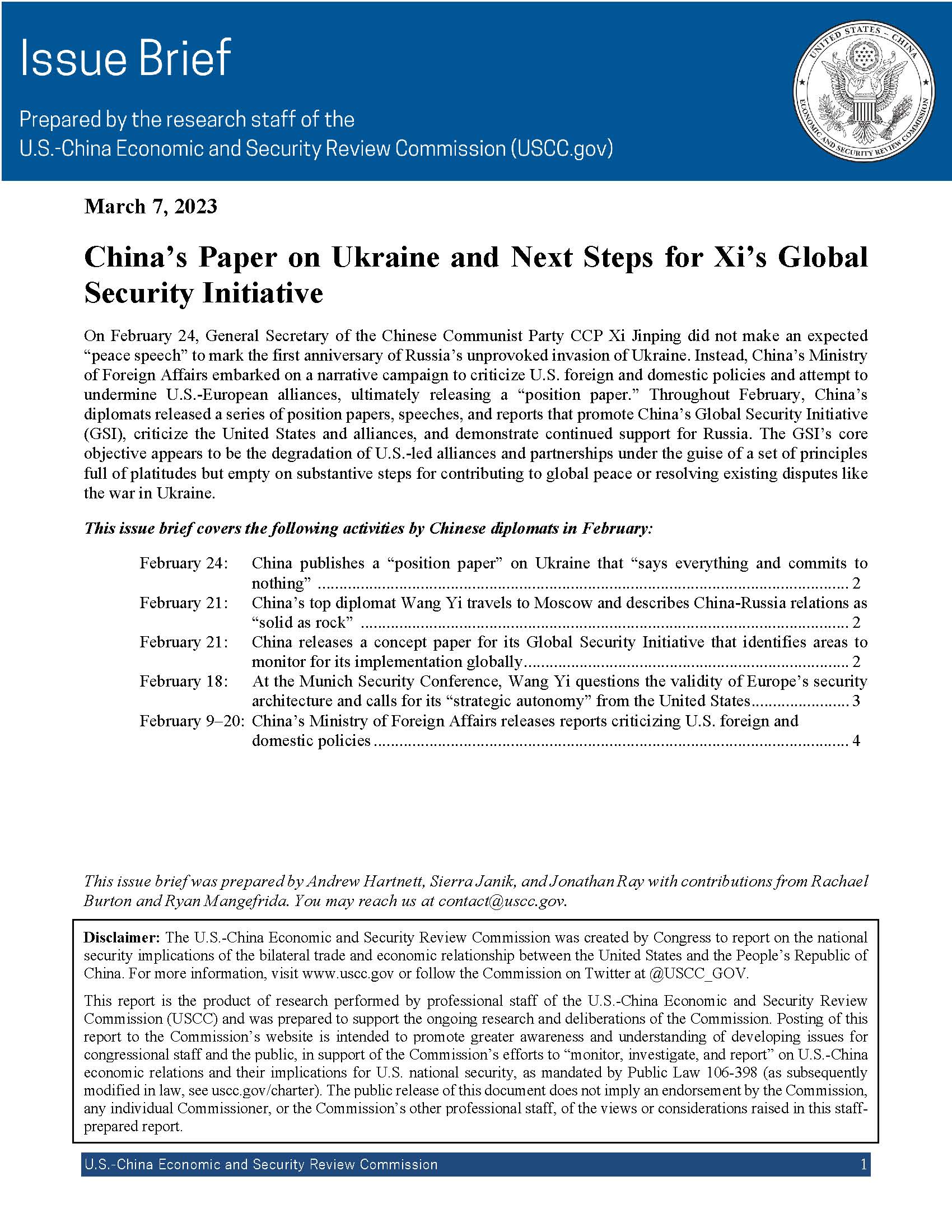
On February 24, General Secretary Xi Jinping did not make an expected “peace speech” to mark the first anniversary of Russia’s unprovoked invasion of Ukraine.
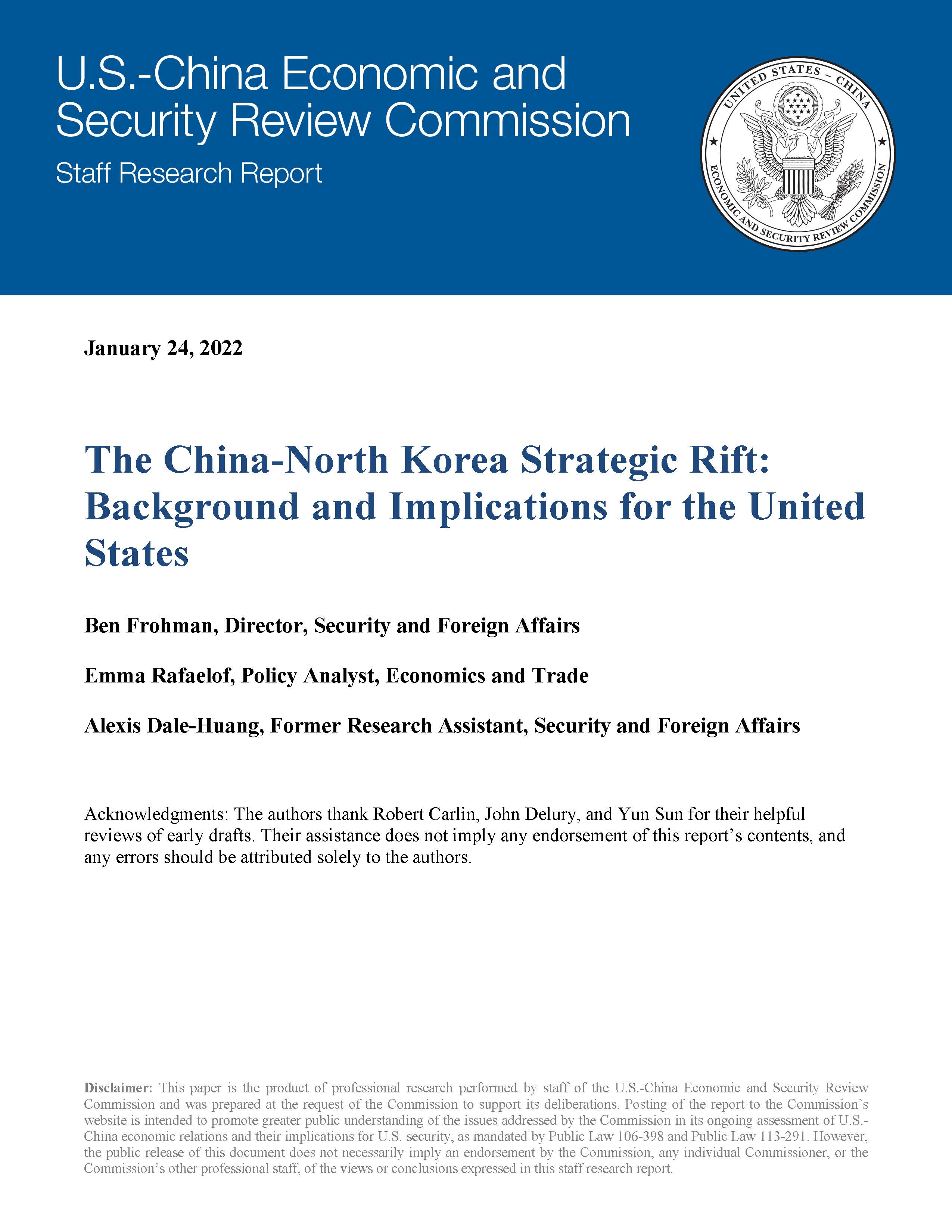
This report surveys the history behind the China-North Korea relationship and examines the strategic rift between the two countries that recently rekindled Beijing’s longstanding fear that North Korea could jeopardize China’s interests in negotiations with the United States and South Korea.
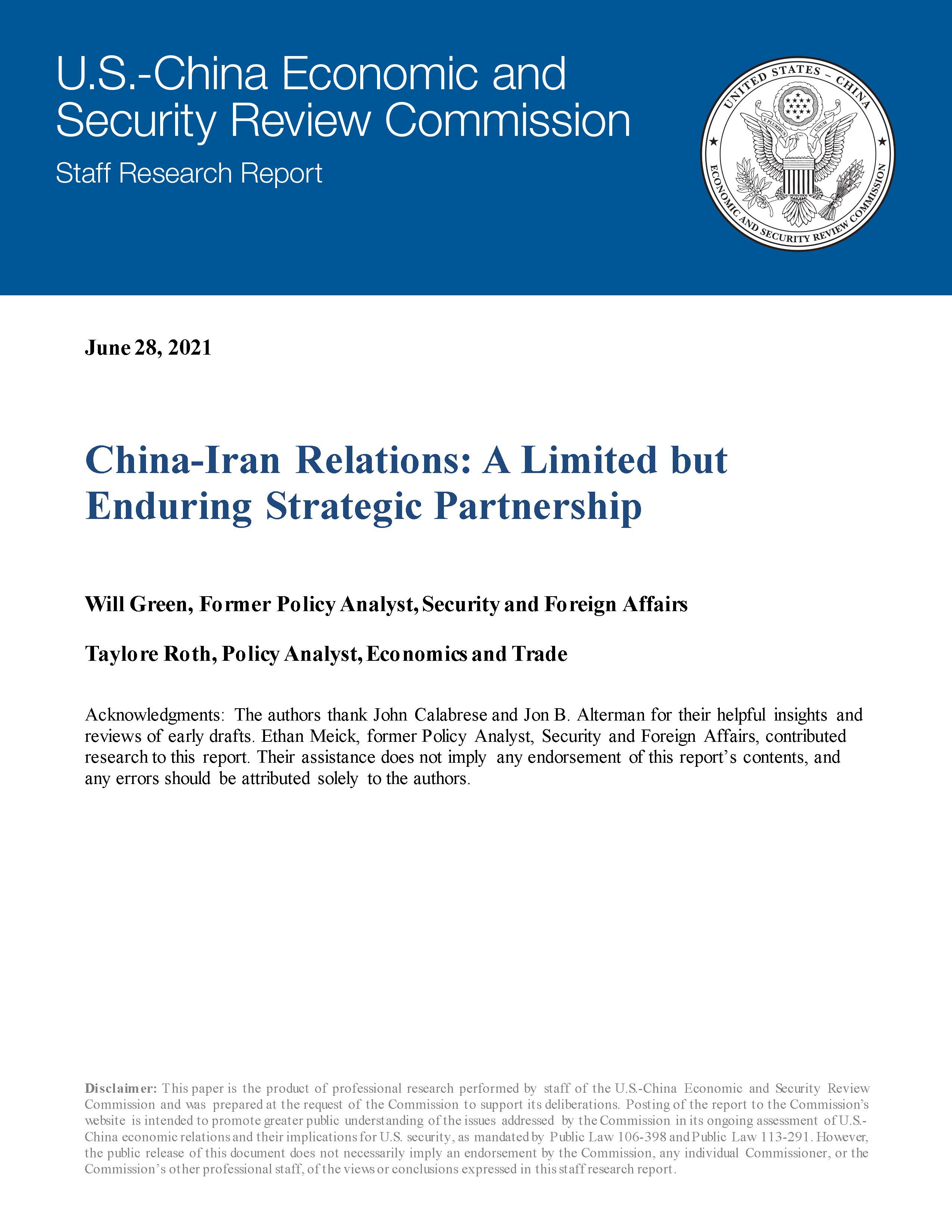
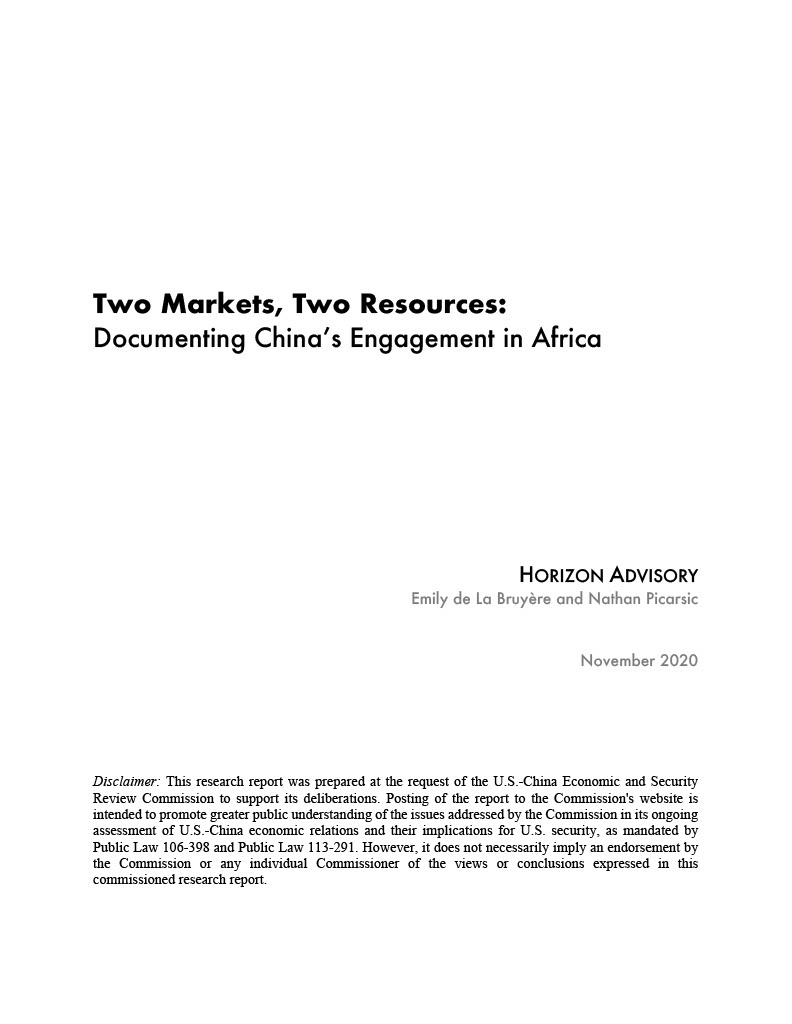
Under a “state-led, enterprise-driven” approach, Chinese firms have significantly expanded their presence in extractive industries in African countries over the past three decades.
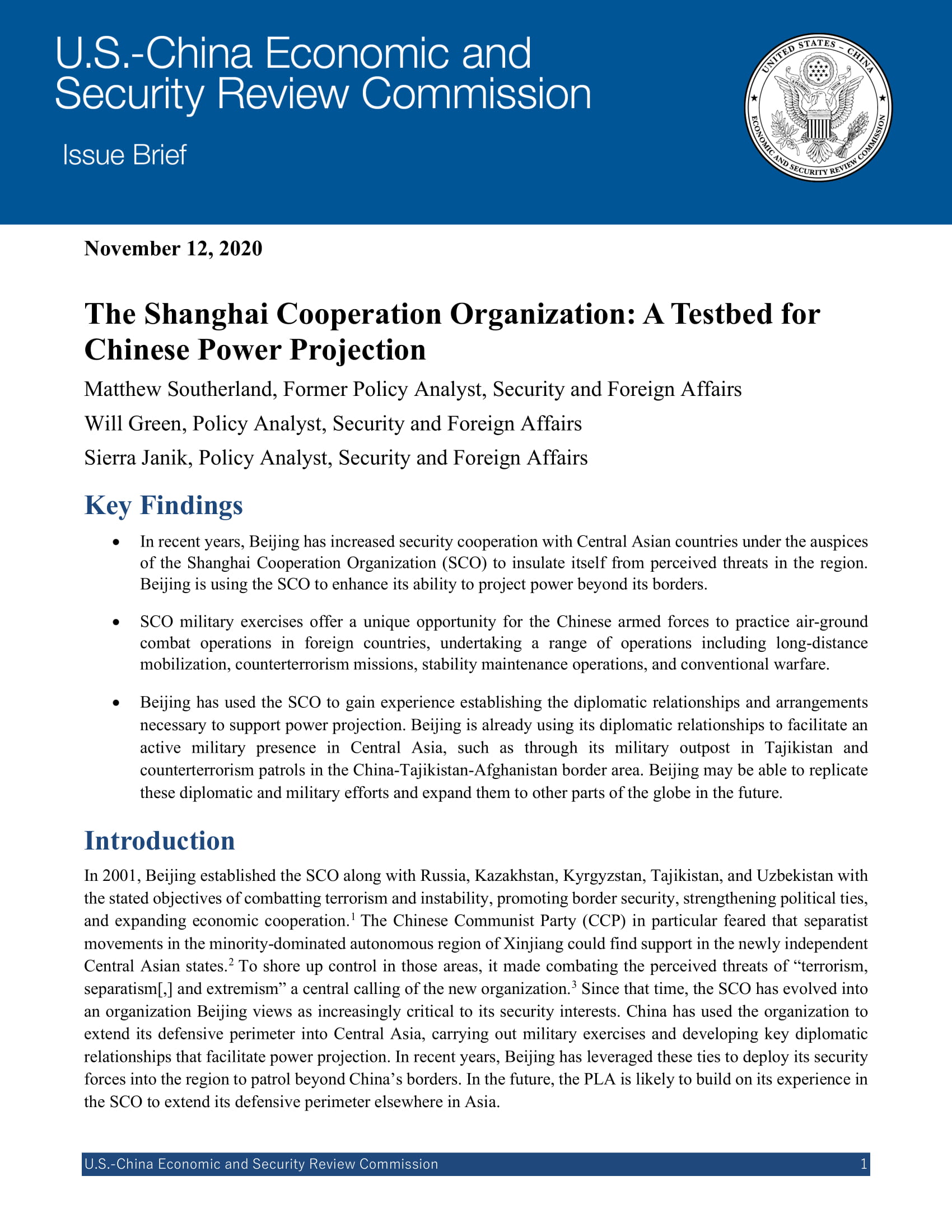
This issue brief examines China’s efforts to use the Shanghai Cooperation Organization (SCO), an organization originally founded by China, Russia, and Central Asian countries, as a platform to project power and influence beyond China’s borders.
